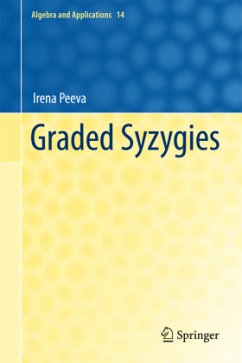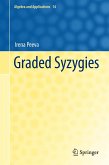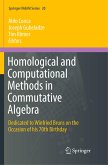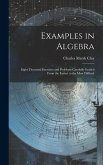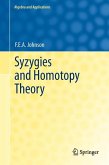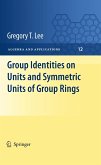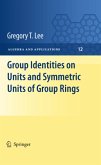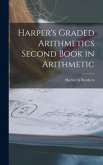The study of free resolutions is a core and beautiful area in Commutative Algebra. The main goal of this book is to inspire the readers and develop their intuition about syzygies and Hilbert functions. Many examples are given in order to illustrate ideas and key concepts.
A valuable feature of the book is the inclusion of open problems and conjectures; these provide a glimpse of exciting, and often challenging, research directions in the field. Three types of problems are presented: Conjectures, Problems, and Open-Ended Problems. The latter do not describe specific problems but point to interesting directions for exploration.
The first part of the monograph contains basic background material on graded free resolutions. Further coverage of topics includes syzygies over a polynomial ring, resolutions over quotient rings, lex ideals and Hilbert functions, compression, resolutions of monomial ideals, and syzygies of toric ideals. With a clear and self-contained exposition this text is intended for advanced graduate students and postdoctorates; it will be also of interest to senior mathematicians.
A valuable feature of the book is the inclusion of open problems and conjectures; these provide a glimpse of exciting, and often challenging, research directions in the field. Three types of problems are presented: Conjectures, Problems, and Open-Ended Problems. The latter do not describe specific problems but point to interesting directions for exploration.
The first part of the monograph contains basic background material on graded free resolutions. Further coverage of topics includes syzygies over a polynomial ring, resolutions over quotient rings, lex ideals and Hilbert functions, compression, resolutions of monomial ideals, and syzygies of toric ideals. With a clear and self-contained exposition this text is intended for advanced graduate students and postdoctorates; it will be also of interest to senior mathematicians.
From the reviews:
"The book is divided into four chapters ... . The exposition in this book is excellent. Peeva is concise without being terse, maintains exceptional clarity without sacrificing rigor, and does a terrific job of motivating the constructions and tools she discusses by relating them to interesting open questions. The range of topics and quality of writing mean that the book will be a valuable resource for everyone from beginning graduate students in commutative algebra and related areas to experts in the field." (Christopher A. Francisco, Mathematical Reviews, Issue 2011 j)
"The book is divided into four chapters ... . The exposition in this book is excellent. Peeva is concise without being terse, maintains exceptional clarity without sacrificing rigor, and does a terrific job of motivating the constructions and tools she discusses by relating them to interesting open questions. The range of topics and quality of writing mean that the book will be a valuable resource for everyone from beginning graduate students in commutative algebra and related areas to experts in the field." (Christopher A. Francisco, Mathematical Reviews, Issue 2011 j)

